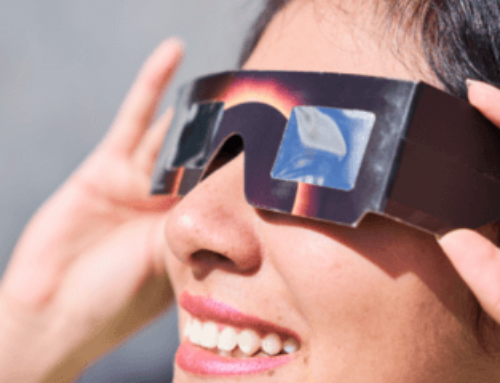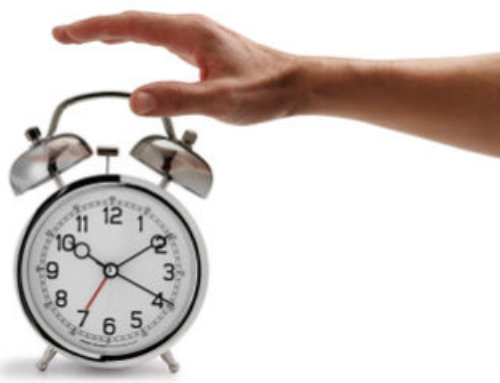FOR IMMEDIATE RELEASE
CONTACT: Lynn Celmer, 630-737-9700, ext. 9364, lcelmer@aasm.org
DARIEN, IL – A new study suggests that the choice of an academic major in college may be associated with whether a person’s biological predisposition is to be an early bird or a night owl.
Participants completed the Basic Language Morningess (BALM) scale and Morningness-Eveningness Questionnaire (MEQ) to determine if they were “morning types” who prefer to go to bed and wake up early or “evening types” who prefer a later bedtime and wake time. A subsample of 492 students completed questions about preferred and actual weekday bedtimes and wake times, and they reported actual weekday and weekend sleep durations.
Results show that the majors with the highest relative scores for an “evening” preference were Management Science & Information Systems and Administration of Justice, while the major with the highest relative scores for a “morning” preference was Nutrition. Media majors had the highest average self-reported sleep deficit, sleeping approximately three to 3.6 hours less than desired on weekends and weekdays. In contrast, Speech Communication majors had the lowest average sleep deficit, sleeping only about 10 to 18 minutes less than desired on weekends and weekdays.
“A student’s morningness-eveningness influence on their selection of a college major likely involves both personality traits and their built-in biological tolerance for early (morning-oriented) versus late or irregular (evening-oriented) job hours,” said principal investigator Frederick Brown, PhD, associate professor of psychology, cognition and wellness at the Pennsylvania State University in University Park, Pa.
The research abstract was published recently in an online supplement of the journal SLEEP, and Brown will present the findings Tuesday, June 4, in Baltimore, Md., at SLEEP 2013, the 27th annual meeting of the Associated Professional Sleep Societies LLC.
The study group comprised 1,200 junior and senior college students. Participants represented each of the 30 college majors for which 10 or more students were available.
According to the authors, previous educational research has shown that academic major field-of-study selection is motivated by personality and socio-cultural factors. However, few studies have considered whether biological predispositions might influence or limit college major selection.
Brown noted that an individual’s natural sleep preference could have implications for job performance and safety.
“A mismatch of job time and biological time, as well as intolerance to partial sleep loss, can negatively influence peak job and school performance,” said Brown. “It can become a stressor and increase on-the-job errors or accidents.”
For a copy of the abstract, “Morningness-eveningness and self-estimated sleep decrements are associated with college major selection,” or to arrange an interview with Dr. Brown or an AASM spokesperson, please contact AASM Communications Coordinator Lynn Celmer at lcelmer@aasm.org.
A joint venture of the American Academy of Sleep Medicine and the Sleep Research Society, the annual SLEEP meeting brings together an international body of more than 5,500 leading clinicians and scientists in the fields of sleep medicine and sleep research. At SLEEP 2013 (www.sleepmeeting.org) more than 1,300 research abstract presentations will showcase new findings that contribute to the understanding of sleep and the effective diagnosis and treatment of sleep disorders such as insomnia, narcolepsy and sleep apnea.
The American Academy of Sleep Medicine considers sleep disorders an illness that has reached epidemic proportions. Board-certified sleep medicine physicians in an AASM-accredited sleep center provide effective treatment. AASM encourages patients to talk to their doctors about sleep problems or visit www.sleepeducation.com for a searchable directory of sleep centers.








